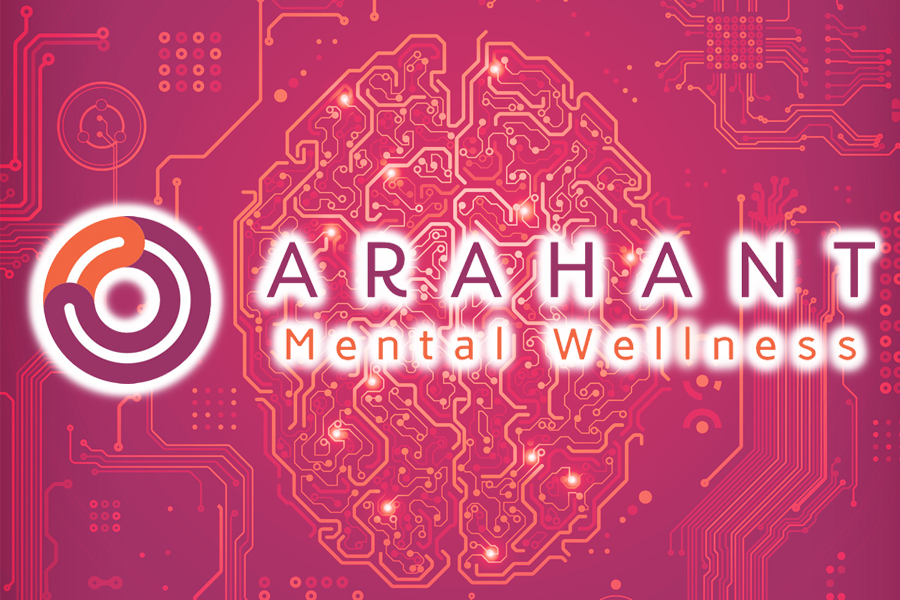If Sports are 90 Percent Mental…then why are athletes just beginning to talk about depression?
By Gia Park (MD, MPH, MS, Board Certified General, child and adolescent psychiatrist) and Charles Park (MD Board Certified General and addiction psychiatrist)
“I struggle more than people know… I remember sitting in my room for four or five days not wanting to be alive, not talking to anybody. That was a struggle for me.”
This is Michael Phelps, the most decorated Olympian of all time, describing his depression that led him to seek treatment. Athletes, even the most elite that appear superhuman, are not immune to the brain disease we call clinical depression.
In fact, studies suggest that the annual occurrence of depression in athletes is similar if not higher than the general population rate of 6.7 percent (1). It has been estimated that 34 percent of current elite athletes have anxiety and depression and 26 percent in former elite athletes (2).

In our two previous articles, we present the more updated theory regarding depression being a brain disorder that results from prolonged stress. Athletes experience a substantial amount of stress ranging from training, performance, winning, competition, physical injury, recovery and retirement (see articles and public response to Andrew Luck).
In fact, studies have identified more than 640 distinct stressors that could induce mental health symptoms and disorders during and after a professional or elite sport career (2).
Despite the clear data showing that athletes are susceptible to developing depression, there are numerous barriers to identifying and treating the disease in a timely manner. Stigma continues to be the biggest obstacle.
For the athlete, there is fear about the implications regarding their athletic prowess and the subsequent consequences, such as loss of their sports career and financial security, should they disclose they are suffering from a mental health disorder. There is also the failure to understand what depression looks like; what is normal sadness versus true clinical depression. Furthermore, depression arises insidiously as opposed to a broken bone, which is more tangible and easier to identify. Larry Sanders summed it up best when he said, “It’s hard for people in my field to respect mental health. We say that the game is 90 percent mental, but yet mental health doesn’t get the respect of, like, an ACL [knee injury].”
The good news is that mental health in elite sports is gaining more publicity in the last few years, whether it be headlining highlighting the tragic deaths of athletes from suicide or substance use or athletes like Michael Phelps and Larry Sanders who have come forward to share their stories. Their courage in showing their humanness is coming at a time when we have better treatments to address this debilitating medical condition.
Depression is a treatable condition, especially with new innovative technologies, like deep transcranial magnetic stimulation (dTMS). dTMS may be a good treatment option for athletes because it focally targets the brain’s prefrontal cortex (PFC), where it is believed that the dysfunction in neuro-chemical and neuro-circuitry of depression lie. Depression is not just someone feeling sad, it is a brain disease that impairs a person’s thinking.
For the athlete, executive functions of the PFC – such as planning, problem-solving, reasoning, working memory (understanding the environment around them), mental flexibility and creativity, focus, and impulse control – is the distinguishing factor between a “good” versus an “elite” player. Treating the impaired part of the brain that is debilitated by depression is literally, a make it or break it deal (3).
Targeted treatment means fewer side effects that are typically experienced with antidepressant medications and electroconvulsive therapy (ECT), such as weight gain, memory problems, abnormal movements, coordination problems, constipation/diarrhea, vision problems, dry mouth and headaches.
Olympic swimmer Allison Schmitt once said, “Being vulnerable is not weakness. It shows you are strong enough to know that life is sometimes hard for you to handle and you need support.”
References:
- Onate, J.; “Depression in Ultra-endurance Athletes, A Review and Recommendations;” Sports Med Arthrosc Rev 2019;27:31–34.
- Gouttebarge V, Castaldelli-Maia JM, Gorczynski P, et al. Occurrence of mental health symptoms and disorders in current and former elite athletes: a systematic review and meta-analysis. British Journal of Sports Medicine. 2019;53:700-706.
- Sakamoto, S., Takeuchi, H., Ihara, N., Ligao, B., & Suzukawa, K. (2018). Possible requirement of executive functions for high performance in soccer. PloS one, 13(8), e0201871. doi:10.1371/journal.pone.0201871
- Colorado Health Institute: https://www.coloradohealthinstitute.org/research/suicides-colorado-reach-all-time-high
- WHO: Statement 10 September. World Suicide Prevention Day 2008.
